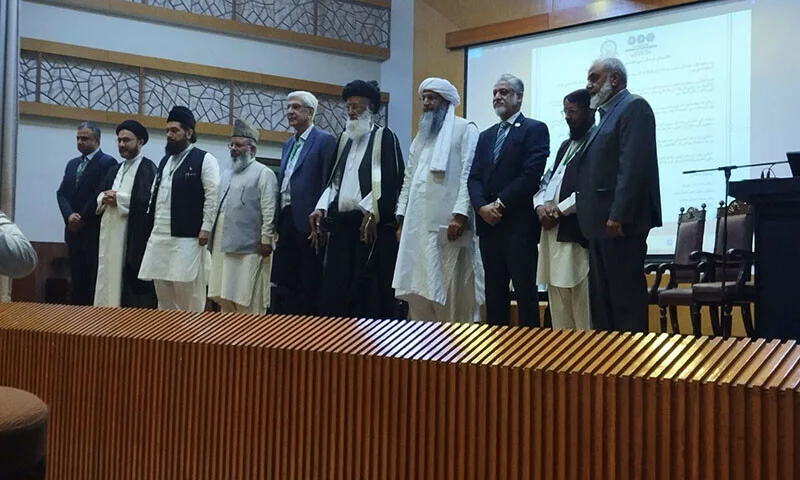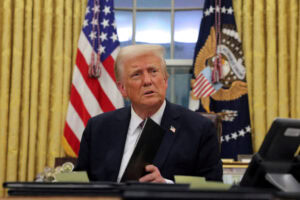Islamabad,11 Apr, 2025: In a landmark move, leading Islamic scholars and healthcare professionals jointly affirmed that Islam permits organ donation after death, declaring it a noble act that can save or enhance lives.
The declaration came during a high-profile seminar hosted by Dow University of Health Sciences (DUHS) in Karachi on Thursday.
The declaration, announced via an official press release, clarified that donating organs after death, with informed consent and ethical practices, is not only acceptable in Islam but also considered an act of sadaqah jariyah (continuous charity).
The initiative aimed to clarify religious misconceptions and emphasize the life-saving potential of organ transplants.
READ MORE:
Chaiwala’s CNIC Block Sparks LHC Inquiry Into NADRA Actions
Scholars emphasized that spreading awareness about the Islamic viewpoint on organ donation is vital, urging both medical institutions and policymakers to develop transparent, faith-aligned frameworks to support it.
Notable speakers at the seminar included Council of Islamic Ideology (CII) Chairman Allama Raghib Hussain Naeemi, Professor Dr. Noor Ahmed Shahtaz, Professor Dr. Asim Ahmed, Dow Vice Chancellor Prof. Muhammad Saeed Quraishy.
Dr. Tauqeer Abbas, President of the Dow Organ Donation Society. The event drew participation from faculty, students, and religious figures.
In his welcome remarks, VC Quraishy highlighted that Islam prioritizes the preservation of human life, making organ transplantation a profound humanitarian service rather than just a medical act.
Chairman Naeemi elaborated on brain death, stating it must be medically confirmed before life support can be ethically withdrawn.
“Once brain death is declared, ventilator removal and organ donation become permissible provided there is prior consent or family approval,” he said, adding that reallocating life-saving equipment to those with better survival chances is also aligned with Islamic values.
Allama Muhammad Khan Sherani acknowledged the permissibility of organ donation but stressed the need for ethical integrity throughout the process.
Allama Shahenshah Naqvi reiterated the value Islam places on life, allowing donations as long as the donor is not harmed.
READ MORE:
Tarbela 5th Extension Hydropower Project
Mufti Ramzan Sialvi supported the practice under the principle of minimizing harm, stressing respect for the deceased, while Mufti Mazhar Fareed underlined the importance of pure intentions and dignified handling of organs.
Dr. Rashid bin Hamid added a powerful statistic: nearly 50,000 lives could be saved each year in Pakistan if deceased organ donation becomes more accepted and understood.
The seminar also celebrated a medical milestone DUHS successfully conducted its 190th liver transplant, a complex eight-hour surgery streamed live for educational purposes.
The donor, a 23-year-old man, gave a portion of his liver to his 42-year-old uncle. Both are reported to be in stable condition.









